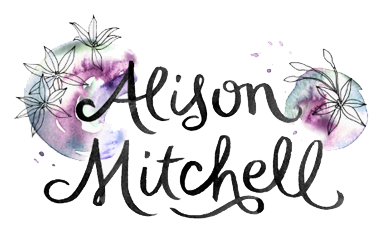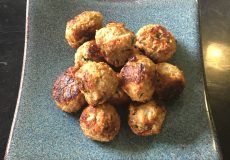Expectant Mums Reduce Infant Allergy with Fish Oil
The randomised, placebo-controlled study aimed to measure the effects of maternal omega-3 long-chain polyunsaturated fatty acid supplementation during both pregnancy and lactation. The impact of this on childhood allergic disease was then assessed.
The 145 pregnant subjects, who had either a personal allergic history, a partner with allergies or a previous child with allergies, were supplemented with 1.6g eicosapentaenoic acid (EPA) and 1.1g docosahexaenoic acid (DHA), or placebo, starting from the 25th week of pregnancy until 3-4 months of breastfeeding.
The results showed the prevalence of food allergy was lower in the omega-3 group (2%) than in the placebo group (15%). The incidence of IgE-associated eczema was 8% in the omega-3 group compared with 24% in the placebo group.
Conclusion: Omega-3 supplementation in pregnancy and lactation can decrease the risk of food allergy and IgE-associated eczema during the first year of life in infants with a family history of allergic disease.
Furuhjelm C, Warstedt K, Larsson J, Fredriksson M, BÃttcher MF, FÃlth-Magnusson K, et al. Fish oil supplementation in pregnancy and lactation may decrease the risk of infant allergy. Acta Paediatr 2009 Sep;98(9):1461-1467.










